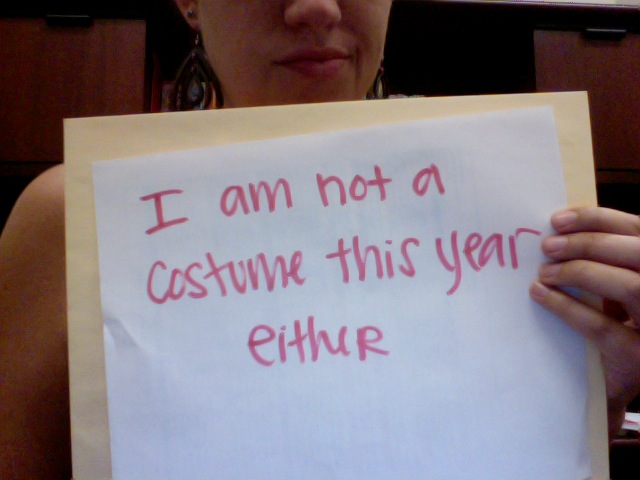I remember the writing prompt from elementary and middle schools:
Describe your hero.
Or later on in high school:
Write about one of your role models.
I remember struggling to write a response to these prompts. The concepts 'hero' and 'role model' seemed impossibly large. I suspected that no one I knew fit the bill. I always ended up writing about a person I respected, but I believed those responses fell short of the ideals I had about heroes and role models.

I was too young, too privileged, too comfortable in my middle class Midwestern world to know what heroes were for.
My dad introduced us to Lou Reed's Transformer, saying it was, in his mind, the best rock and roll album ever made. I listened to that cassette tape over and over. The music was what kept me coming back, but I have to admit, I didn't understand why it was a great album.
It wasn't until I found White Light/White Heat that I caught a glimpse of what made the Velvet Underground something extraordinary.
I was listening to "The Gift" for the first time. I was a teenager with an interest in girls and no concept of how to act on that interest. When I got to the end of the song, when the blade goes into Waldo's head, I felt the world crack open a little bit.
It would be years before I understood what that crack exposed, but it was an important moment for me. In that moment I started down the path that exposed so much of the world I believe in today: Sex is awesome, awful, ecstatic, selfless, and selfish. Drugs are great and devastating. Gender is confusing. People are messy. Our lives are made up by the words we invent.
Lou Reed was a guide on that path. He was one of the people who showed me the importance of dark humor, of an honest eye, of straight talk, of allowing people to be the kind of weird we are.
His music, words, and life demonstrated a kind of bravery and integrity that merits the word hero.



